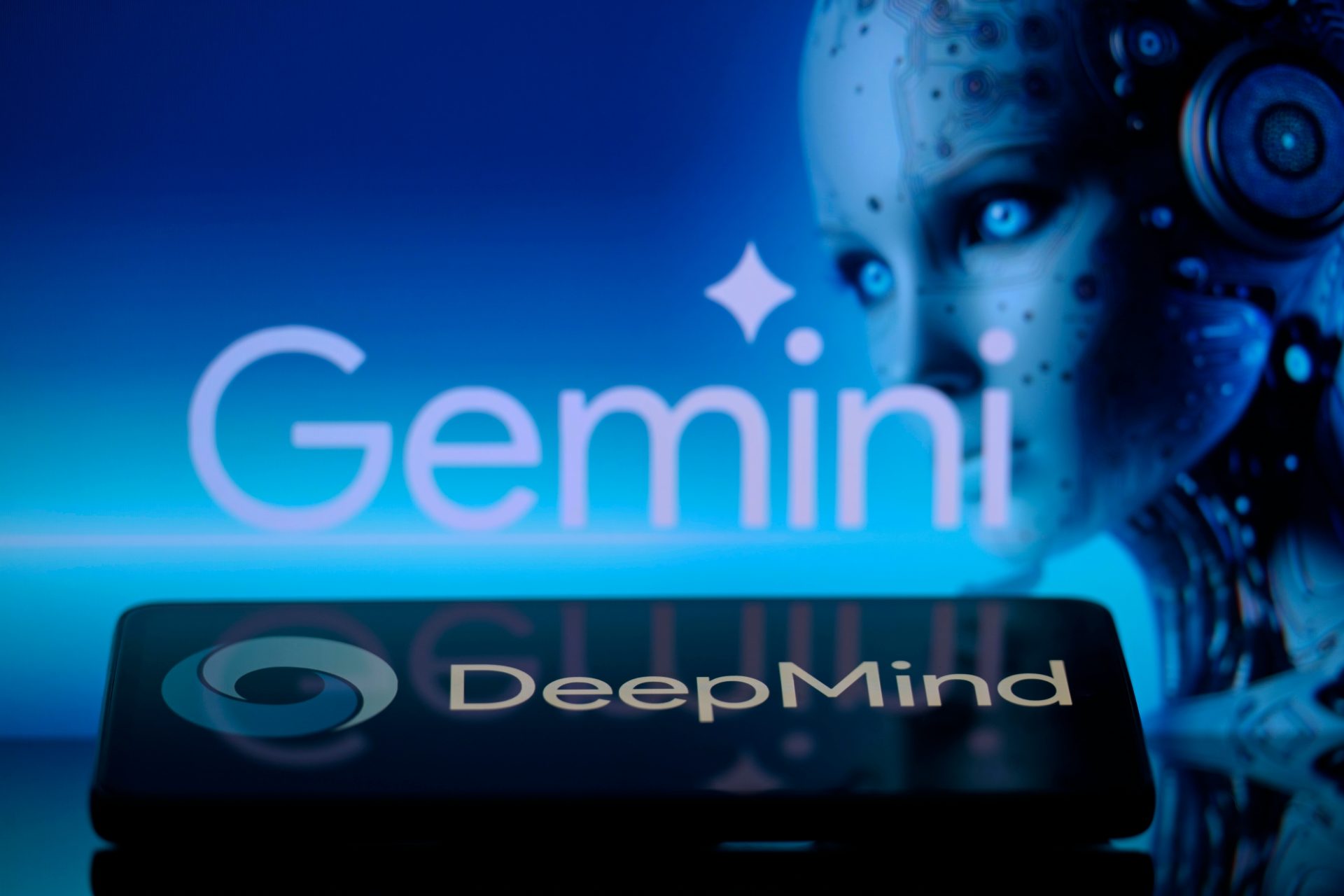
AI Race HEATS UP With Founder’s Return!
Sergey Brin has returned to lead Google DeepMind’s Gemini project, aiming to build the world’s first artificial general intelligence—and he’s calling every retired coder back to the front lines.
At a Glance
Sergey Brin has rejoined Google to lead its AGI push via the Gemini project with DeepMind
The 2022 release of ChatGPT spurred Brin’s return and a major shift in Google’s AI priorities
Gemini blends algorithmic and compute breakthroughs to pursue human-level intelligence
New “DeepThink” architecture brings human-style reasoning to AI models
Google braces for AGI competition from OpenAI, Microsoft, and Anthropic
Brin’s AI Homecoming
Google co-founder Sergey Brin has reemerged from semi-retirement to spearhead Google DeepMind’s most ambitious AI undertaking: the Gemini project. Driven by the disruptive force of ChatGPT and a renewed AI arms race, Brin declared, “Honestly, anybody who’s a computer scientist should not be retired right now,” urging his peers to rejoin the effort.
This renewed mission was born from urgency. Brin described today’s AI moment as “a greater cusp of technology” than even the dawn of the internet. Now embedded in DeepMind’s leadership alongside CEO Demis Hassabis, Brin is not just catching up—he’s aiming to leapfrog the field.
Watch a report: Sergey Brin returns to AI leadership.
Gemini’s Vision: Building the First AGI
Gemini is no mere chatbot upgrade—it’s Google’s moonshot to develop artificial general intelligence. “We fully intend that Gemini will be the very first AGI,” Brin stated. AGI refers to systems that match or exceed human cognitive performance across a broad range of tasks.
To reach that milestone, Gemini is powered by a two-pronged approach: raw computational might and algorithmic breakthroughs. Brin noted that “algorithmic advances are probably going to be even more significant than the computational advances,” emphasizing the balance between smarter software and bigger infrastructure.
At the heart of this evolution is Deep Think—a new architecture enabling models to reason through complex challenges more like humans. “We’re seeing incredible gains with existing techniques,” said Hassabis. “But to reach AGI, we may still need one or two more big breakthroughs.”
Competing for the Future of Intelligence
The race is now fully on. With rivals like OpenAI, Microsoft, and Anthropic developing parallel AGI systems, Brin and Hassabis face an increasingly crowded field. Still, Gemini’s scope—spanning Google’s massive compute capabilities and DeepMind’s scientific AI legacy—positions it as a formidable contender.
AlphaEvolve, an experimental AI that designs improved algorithms, signals Gemini’s self-improving aspirations—one of AGI’s most defining traits. But defining AGI itself remains contentious. “It’s very important to clarify what ‘general’ really means,” Hassabis explained, stressing the need to distinguish between mimicking versus truly understanding human intelligence.
Scaling for the Singularity
Gemini 2.5 Pro and Gemini Flash are already pushing Google’s infrastructure to its limits, forcing major expansions in data center capacity and hardware investments. Yet for Brin, these logistical challenges pale in comparison to the philosophical ones. His personal shift—from Google Glass to artificial minds—reflects a deeper belief: that AI’s transformative potential eclipses all previous tech frontiers.
Whether Gemini becomes the world’s first AGI remains uncertain. But with Brin back at the helm and calling the brightest minds to action, one thing is clear: the most consequential chapter in AI history has only just begun.